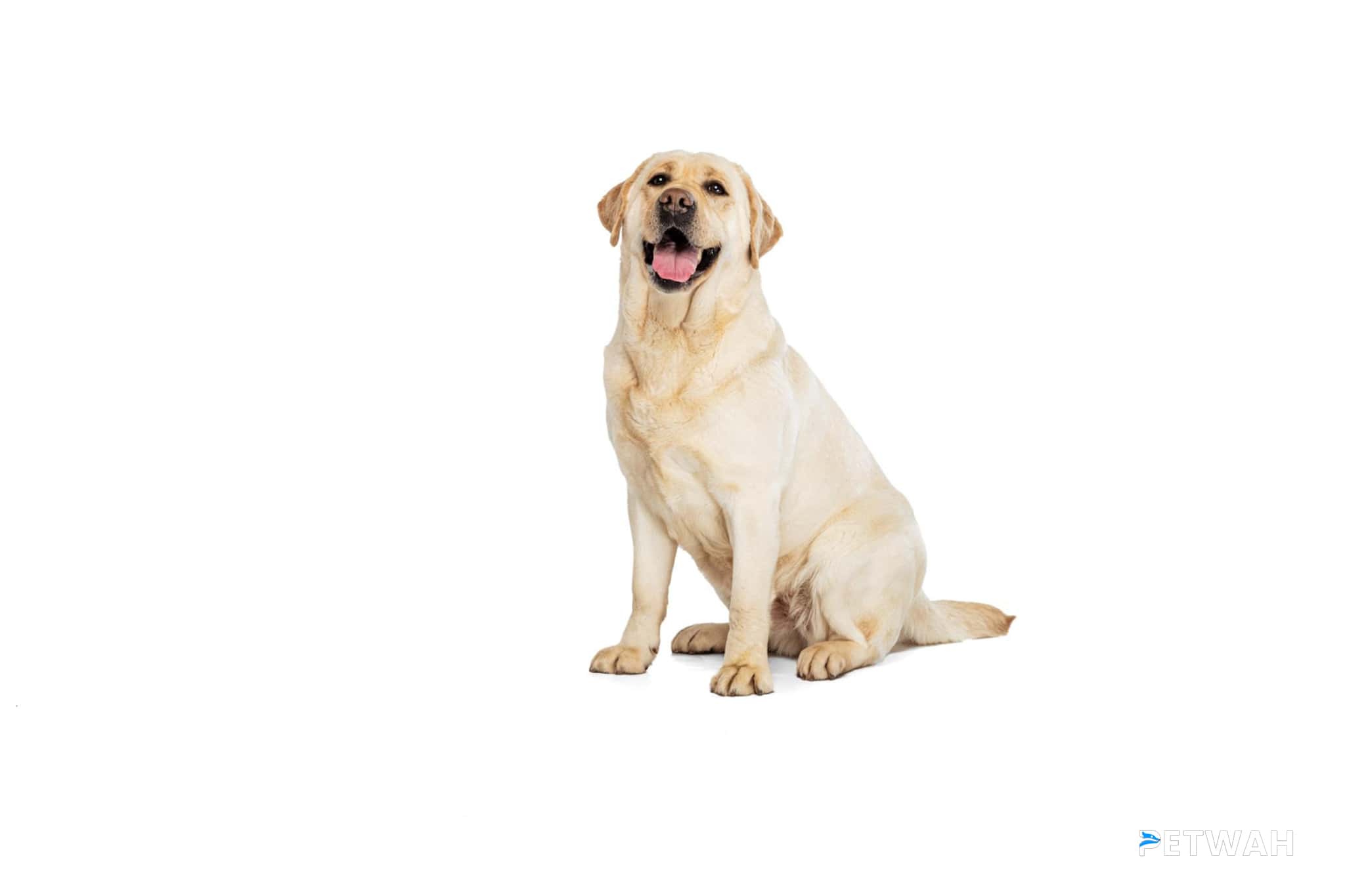As our furry friends age, they become more susceptible to a variety of health issues, including dementia. Canine dementia, also known as cognitive dysfunction syndrome, affects many senior dogs. It’s a heartbreaking condition that can cause a range of symptoms, from confusion and disorientation to loss of housetraining and changes in personality. As a pet parent, it’s essential to be aware of the signs of canine dementia, so you can provide the best care and support for your aging dog. In this blog post, we’ll discuss the symptoms to look out for and what you can do to help your furry friend.
Is Your Dog Showing Signs of Dementia? Learn the Symptoms to Look Out For
As our beloved furry friends age, they may experience a decline in cognitive function, which is commonly referred to as dementia. Canine dementia, also known as canine cognitive dysfunction (CCD), is a condition that affects dogs in their senior years, and it can be difficult for pet owners to identify the symptoms.
In this blog post, we will discuss the symptoms of canine dementia and what pet owners can do to help their dogs cope with this condition.
What is Canine Dementia?
Canine dementia is a progressive neurological condition that affects a dog’s cognitive function. It is similar to Alzheimer’s disease in humans and is caused by changes in the brain that affect memory, learning, and behavior.
The exact cause of canine dementia is unknown, but it is believed to be related to a combination of genetic and environmental factors. Some of the risk factors that may contribute to the development of canine dementia include age, breed, diet, and lifestyle factors such as lack of exercise and mental stimulation.
Symptoms of Canine Dementia
The symptoms of canine dementia can vary from dog to dog, but some of the most common signs include:
1. Disorientation and confusion: Dogs with dementia may appear lost or confused, even in familiar environments. They may wander aimlessly or get stuck in corners or behind furniture.
2. Changes in sleep patterns: Dogs with dementia may sleep more during the day and have trouble sleeping at night. They may also become restless or agitated during the night.
3. Loss of housetraining: Dogs with dementia may forget their housetraining and start having accidents inside the house.
4. Changes in appetite: Dogs with dementia may lose interest in their food or forget when they have been fed.
 - Copy.jpg)
5. Changes in behavior: Dogs with dementia may become more irritable or anxious. They may also become less social and avoid interaction with people or other pets.
6. Loss of memory: Dogs with dementia may forget familiar people, places, and things. They may also forget basic commands or routines.
7. Changes in vision and hearing: Dogs with dementia may have trouble seeing or hearing, which can contribute to their disorientation and confusion.
How to Help Your Dog with Canine Dementia
If you suspect that your dog may have dementia, it’s important to take them to the vet for a thorough examination. Your vet can rule out any underlying medical conditions that may be contributing to your dog’s symptoms and recommend appropriate treatment.
In addition to medical treatment, there are several things that pet owners can do to help their dogs cope with dementia:
1. Provide mental stimulation: Keeping your dog mentally stimulated can help slow the progression of dementia. Activities such as puzzle toys, training exercises, and scent games can help keep your dog’s mind active.
2. Maintain a routine: Dogs with dementia thrive on routine, so try to keep their daily schedule as consistent as possible. This can include feeding times, exercise routines, and bedtime routines.
3. Provide a safe environment: Dogs with dementia may wander and get into dangerous situations, so it’s important to provide a safe and secure environment for them. This may include using baby gates or crate training to limit their access to certain areas of the house.
4. Provide comfort: Dogs with dementia may become anxious or agitated, so providing comfort and reassurance can help calm them down. This can include gentle petting, soothing music, or a calming pheromone diffuser.
Conclusion
Canine dementia is a challenging condition for both dogs and their owners. However, with proper treatment and care, pet owners can help their dogs cope with this condition and enjoy their senior years to the fullest. If you suspect that your dog may have dementia, it’s important to seek veterinary care and take steps to provide a safe and comfortable environment for your furry friend.
In conclusion, canine dementia is a serious condition that can have a significant impact on your dog’s quality of life. It’s important to recognize the symptoms and seek veterinary care as soon as possible. With proper management and care, you can help your furry friend to live a more comfortable and happy life. So, if you have an aging dog, keep a close eye on their behavior and visit your vet regularly. Remember, early detection and intervention are the keys to managing this condition effectively.


%20-%20Copy.jpg)
%20-%20Copy.png)
%20-%20Copy.jpg)



